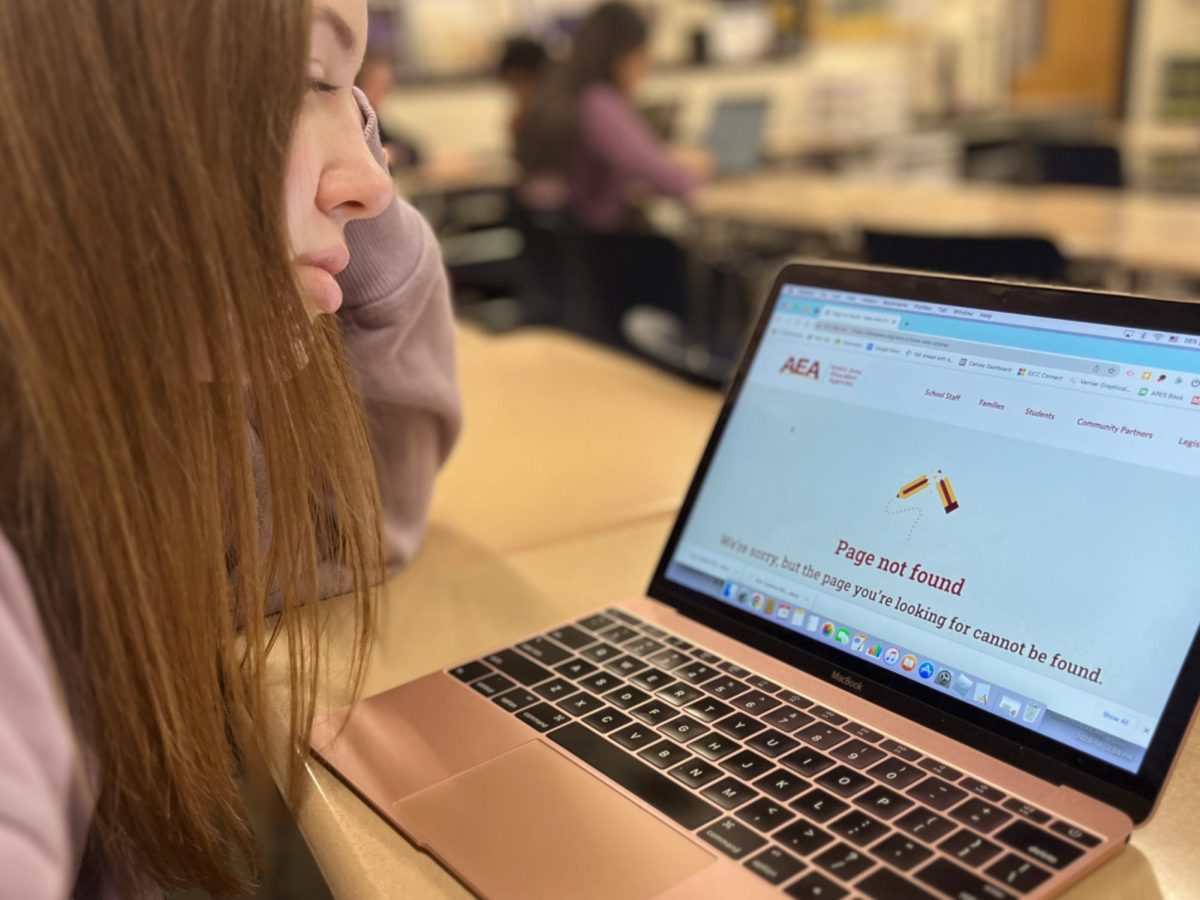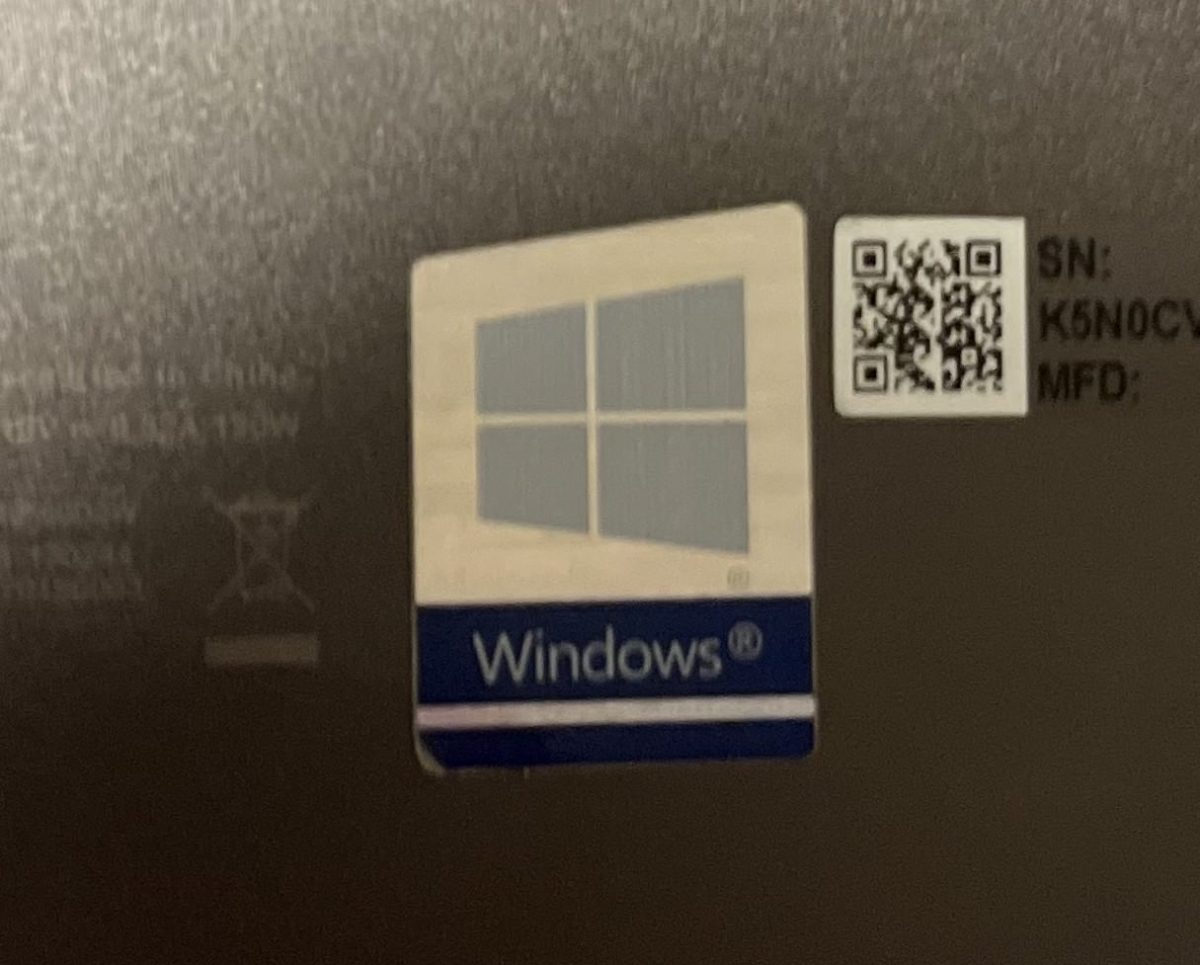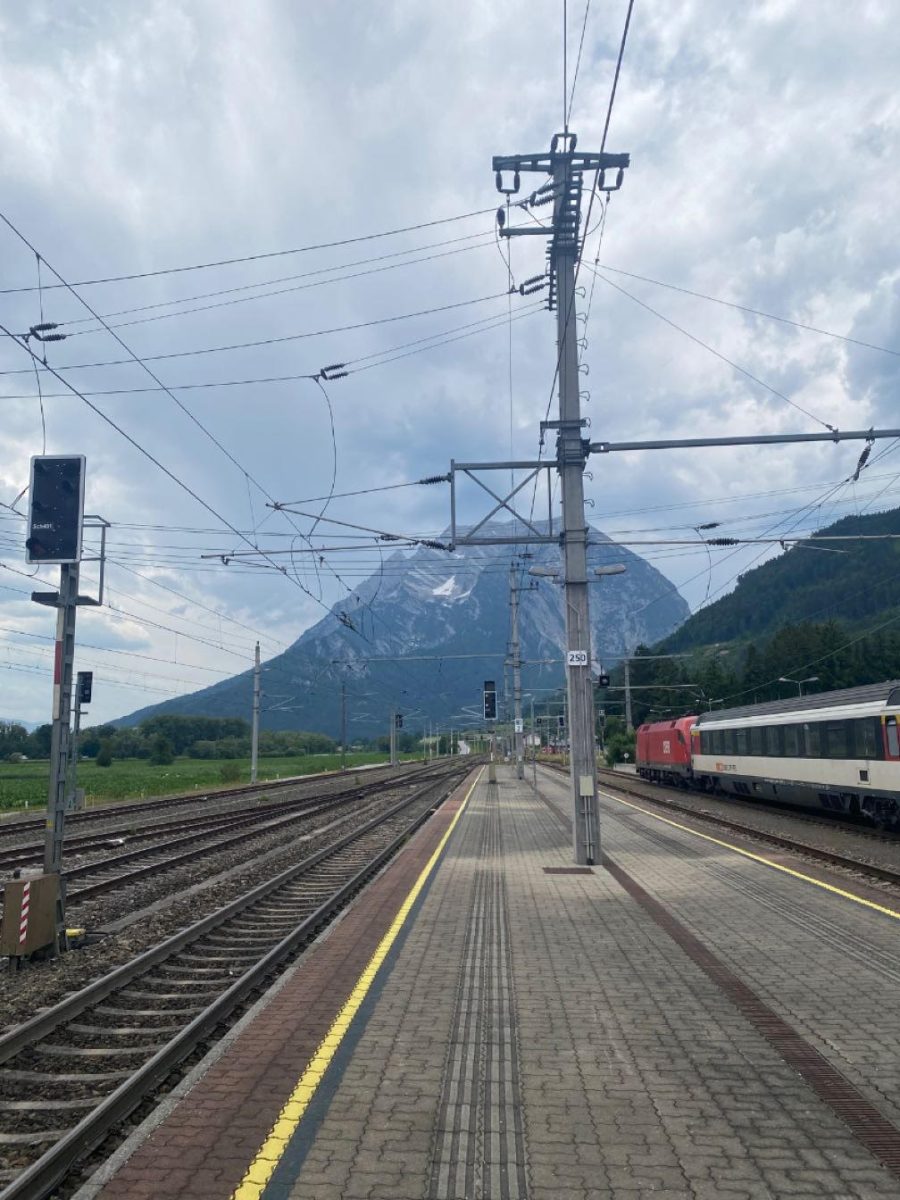There is no greater honor than hosting the Olympic Games. Not only is it a chance to host the best athletes in the world and the media and tourists that come with them, but an opportunity for the host city to proudly represent their nation and share their culture with the world. Hosting the Olympic Games, however, is becoming an increasingly crushing financial burden for those that are brave enough to enter a bid.
As the cost of hosting rises, with the price of the Beijing Olympics totaling 40 billion dollars, Rio de Janeiro’s costing 13 billion, and Sochi’s breaking all records with 51 billion, the costs far outweigh potential gains. This colossal investment is only increasing in price as autocratic nations – like China and Russia – pour their resources into building grand facilities to outdo those before them, setting the bar at a rapid rate. Unlike democratic nations who must first gain public approval, these nations are able to use the Games as an opportunity to update their infrastructure and give their cities a facelift in ways other countries cannot. To further add to the cost, the threat of terrorism in a post-9/11 era has added an estimated two to five billion dollars up front for the necessary security. With costs increasing and the fact that cities receive no boost in tourism apart from the Games themselves, the few nations still willing to place a bid are seeking more practical solutions.
Many of the Olympic infrastructures, places initially buzzing with activity, quickly become abandoned or torn down after the flame is extinguished. Most are simply too big and the cost too much to keep using or repurpose. Here lies the forgotten component of the Olympic Games. While it is an honor for one’s bid to be accepted, the stadiums and accommodations that are required to make the Games a success cause the budget to balloon rapidly. Since the 1960s, none of the host nations have been able to come in under budget, with about half costing more than double the originally anticipated amount. These enormous venues, quickly abandoned or without use, are known as white elephants.
In Pyeongchang, the 35,000 seat stadium used for the opening and closing ceremonies cost South Korea 109 million dollars to build – it will be used only four times before it is torn down. The population of that particular region in South Korea is only just over the capacity of the stadium, making it too big for any opportunity for reuse. Not only that, but for each hour the venue is used, it comes with a ten million dollar price tag. The size and the price of upkeep and use is simply too high. Benjamin S. Flowers, a professor of architecture at Georgia Institute of Technology highlights the problem with simply tearing down these investments. “I think it’s a short term win, but in the long run, it’s probably a loss,” he said. “As a kind of model, I find it deeply problematic that you would invest this much time and effort in building something only to tear it down.” Yet this approach is becoming increasingly popular as host nations either seek to reuse existing facilities or build them for short term use only. The Olympic Stadium in Pyeongchang is the epitome of this trend: it was built without a roof or heating system in a cold climate, thus unsuitable for long term use.
There have been success stories, however. Los Angeles, who hosted the 1984 summer games, actually profited. Several other nations have also succeeded in avoiding watching their facilities fall victim to abandonment. Centennial Olympic Park, the sight of the bombings at the 1996 games, is now the home of the Atlanta Braves; the stadium is now called Turner Field. Similarly, a portion of the Aquatics Center in Beijing is now a water park. Beijing will also, after struggling to secure events for their 80,000 seat stadium known as the Bird’s Nest, use the facility again to host the 2022 winter games.
“They need to look at the nations interested and decide which option has either the existing facilities and necessary surrounding accommodations, or the potential for continued use after the Games,” Pleasant Valley economics teacher Eric Crawford said. “It would make more sense to have either a permanent rotation or a guarantee of a certain number of Olympics to ensure that the facilities would continue to be used. After that, it would just be a matter of updating, which is a lot better than starting from scratch every time.”
London has taken a similar route in repurposing its Olympic venues. Queen Elizabeth Olympic Park in London, the site of the 2012 summer games, underwent renovations and is now a public park. The Olympic village is now apartments, and the stadium is the new home of West Ham United. This conversion, while successful in reusing the existing structure, cost as much as it did to build new. After pouring a staggering 51 billion dollars into the 2014 winter games in Sochi, Russia will convert Fisht Stadium in a similar way and put to use during the World Cup this summer.
Despite the efforts to reuse or simply tear down the stadiums, nations are no longer flocking to have their bids accepted. While the short term stadiums are certainly more cost effective, some suggest that the Games should simply be hosted in one nation, preferable in the city of Athens, Greece. Though historic for its founding role in the Olympics, Athens was not immune to this cost, spending 15 billion over its 1.6 billion dollar budget only to watch its venues waste away.
Keeping the Olympics in one place would change one of the fundamental aspects of the Games, but it could make them more economical. Oxford University professor Bent Flyubjerg, who researches megastructures, believes this could be a reasonable solution for all parties. “If you look at events like the Tour de France that are put on over and over by the same organizers, they get very good at doing it,” he says. “You’re always giving [the Olympics] to beginners that have never tried it, or if they’ve done it before, its so many decades ago that the experience they gained is not relevant.” On the flip side, the International Olympic Committee (IOC) is concerned that the chosen city would gain more control over the Games than the Committee itself. It also expresses concerns for subjecting the Games to any unfavorable economic problems that the nation may encounter.
Another solution, as Crawford suggested, is to have a set of rotating host nations. Given to countries who have already successfully hosted the Games, the reuse of facilities would put a huge dent in the overall financial burden that comes with building new. While there would still be costs for maintenance and upkeep, they would be substantially less than building completely new and swallowing the massive debt that comes from buildings that sit empty after only a few months of use.
Regardless of the chosen direction, it is clear that there is change on the horizon. Before the next round of bidding opens, the IOC is expected to address to increasingly unrealistic costs of hosting. In the meantime, dozens of Olympic venues – this sights where dreams came true and records were broken – will continue to sit empty in abandoned despair, searching for the excitement of the time when it was on center stage.














